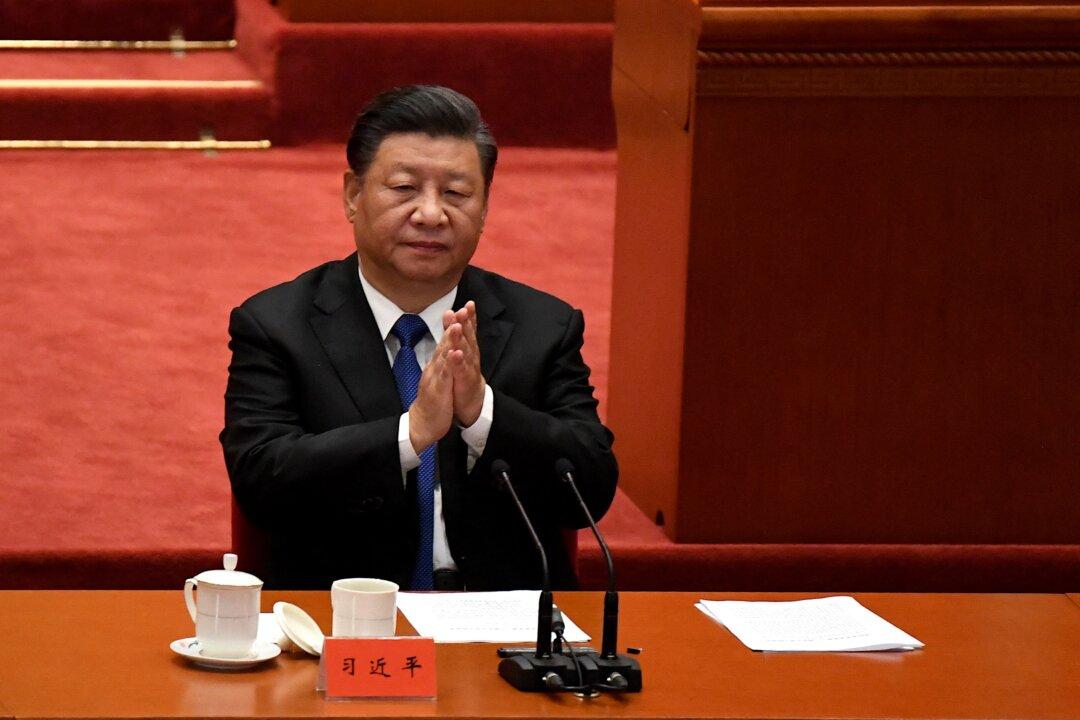Chinese regime leader Xi Jinping has issued a warning to U.S.-friendly nations in the Asia–Pacific, in a thinly-veiled swipe against the formation of a Washington-led alliance against communism, during a prerecorded video address to the APEC summit on Nov. 11.
“Attempts to draw ideological lines or form small circles on geopolitical grounds are bound to fail,” Xi told the CEO forum of the Asia–Pacific Economic Cooperation (APEC) summit, without naming any country.





